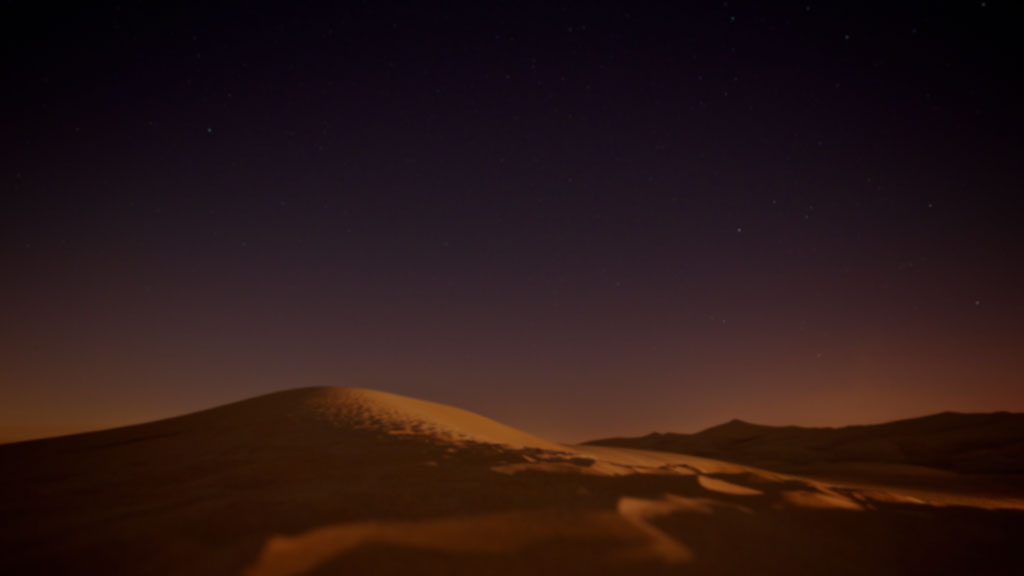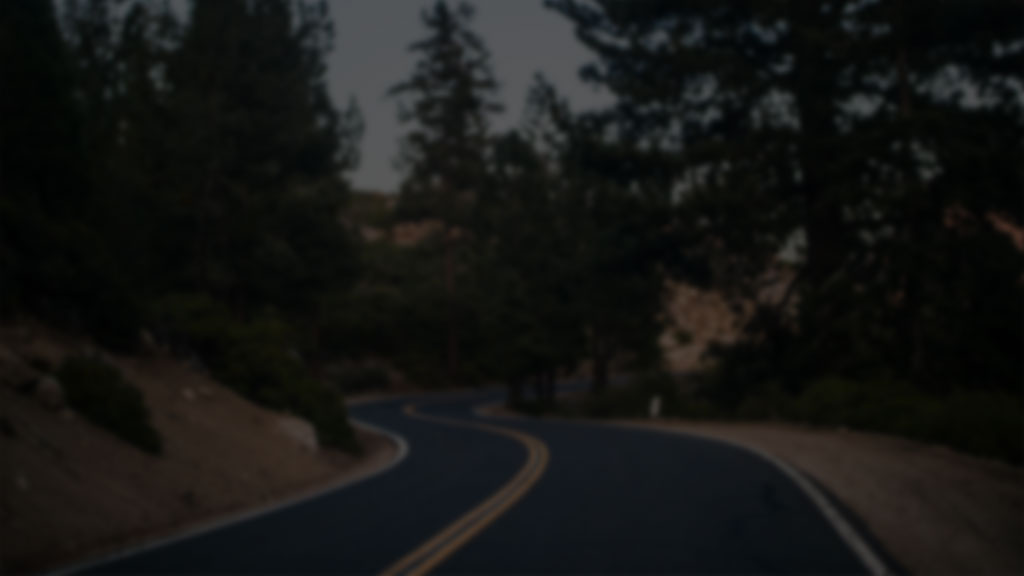Guy Tal
Guy Tal is a professional landscape and nature photographer, educator, public speaker, and wilderness guide. He does not consider himself a photographer who creates art, but rather an artist working in the medium of photography. Guy currently lives in Torrey, Utah.
What is your morning routine?
I’m an early morning person. I’m almost always out of bed by 5-6:00am, sometimes before that. Usually, the first thing I do is brew a pot of coffee and make myself a hearty breakfast. Then, if I’m home, I’ll spend some time answering emails, reading, and contemplating. If I’m outdoors, I take some time to quietly watch the world around me waking up, paying attention to light and life and put all else out of my mind for about an hour. It’s my favorite form of meditation. This is about as close to a routine as it gets for me.
Despite being an outdoor photographer, I very rarely rush to make images at sunrise (or sunset, for that matter). Certainly, such images are beautiful, but they also tend to be easy and formulaic. There are enough photographers in the world who do that type of work very well. I find much greater satisfaction in creating with light and land, rather than documenting them. To me, the wild natural world is beautiful at any time, in any light, and under any weather conditions. When I feel ready to work I just venture out with no expectations or plans, and just immerse myself in the experience. From that point on, nothing that I do is dictated by any kind of routine.
How long have you stuck with this routine so far?
By rough estimate, about 25 years, not all of it as a photographer, but the same mindset and (lack of) routine served me in other endeavors, too.
Before that I served a mandatory period in the Israeli military which, among other things, cemented in my mind how incompatible my sensibilities are with rigid routines.
How has your morning routine changed over recent years?
It has not. To the degree that you can call it a routine, it is not something I pursue consciously. My body wakes up early whether I want to or not, and tells me unambiguously when it desires nourishment (usually right when I wake up) and when my mind needs a little time meditate and contemplate (usually right after breakfast).
I need these things in a visceral way before I’m ready to take on whatever task is ahead (which may or may not be known in advance).
What time do you go to sleep?
Most nights I’ll go to bed early (9-10:00pm), knowing that I am a very light sleeper and will likely wake up multiple times during the night. I’m also prone to episodes of insomnia and on some days I may not go to sleep at all.
Do you do anything before going to bed to make your morning easier?
My productivity and motivation to work decline throughout the day, and in the evenings I generally allow myself to wind down.
I do most of my work in the morning hours, including whatever preparations I need for whatever I decide to do that day. I’m an improviser by nature and often will prepare for talks, classes, etc., in the hours (sometimes minutes) before delivering them.
Do you use an alarm to wake you up in the morning, and if so do you ever hit the snooze button?
I have an alarm set but can’t think of any instances in the last few years that I was not awake before it.
How soon after waking up do you have breakfast, and what do you typically have?
As soon as I can get it prepared. I usually wake up hungry and I like big, hearty, breakfasts. I’m vegetarian and my favorite breakfast is a good tofu scramble with potatoes and lots of vegetables. Recently I developed an unfortunate sensitivity to soy and reluctantly substituted some of my breakfast favorites with eggs and dairy products.
Do you have a morning workout routine?
No. The nature of my outdoor work and my passion for hiking and exploring keep me in shape. I tried working out before, when pursuing more sedentary careers, but I get bored very quickly going through prescribed exercises.
Do you have a morning meditation routine, and if so what kind of meditation do you practice?
When outdoors I like taking an hour or more in the early morning as the light changes and life awakes to become intensely mindful of my surroundings and push all else out of my mind. When home I am not always as disciplined but I strive to practice zazen meditation for 15-30 minutes before starting my work day.
Do you answer email first thing in the morning or leave it until later in the day?
When home I try to answer urgent email first thing in the morning. If I wait longer, I find myself distracted by thoughts of it waiting for me.
When outdoors I don’t check, or respond to, messages very often (or at all). I need to disconnect emotionally from the human world in order to fully immerse myself in my work.
Do you use any apps or products to enhance your sleep or morning routine?
No. In general I strive to minimize my use of, and reliance on, apps and gadgets. I do keep an online calendar that I can access remotely in order to remind myself of important dates and commitments.
How soon do you check your phone in the morning?
When I’m home I check emails and text messages on my laptop computer shortly after I wake up. To the extent possible I like to clear my mailbox of urgent messages before I start my work so I don’t have to worry about it later.
I use my phone more often in the field as it is more convenient than a laptop, but some days I’ll deliberately avoid checking messages altogether.
What are your most important tasks in the morning?
Drinking coffee, eating a good breakfast, and setting aside some “me time” to use as I please (usually I process images, read something interesting, or just sit and think) before refocusing on what I need to accomplish that day.
What and when is your first drink in the morning?
Coffee. The earlier the better.
Do you also follow this routine on weekends, or do you change some steps?
As I rarely need to interact directly with customers, and I am my own boss and employee, I have very little reason for keeping track of what day it is (many times I will not know for sure if asked). To me a day is a day.
On days you’re not settled in your home, are you able to adapt your routine to fit in with a different environment?
Yes. I can make (or buy) coffee and breakfast anywhere. Beyond that, the rest of my day is never the same.
What do you do if you fail to follow your morning routine, and how does this influence the rest of your day?
In my case it may be better to ask the opposite question: what if I tried to follow a more rigid routine? I have tried in the past, and when I do I very quickly find it profoundly limiting, frustrating and unproductive.
I work in bursts, and I can’t do creative work on a schedule. Some days I can write prolifically and other days I can’t put a satisfactory sentence together; some days I am inspired to make photographs and other days I don’t feel like touching my camera; some days when I’m uninspired I use my time for office work and other chores; etc. I rarely know in advance what the best use for my time will be on a given day, and attempting to force it usually becomes an exercise in frustration.
I think that a very common misconception that humans have is that other humans think, feel and function in the same as they do. If a routine works for me, it must work for others; if a certain activity is enjoyable to me, it must be enjoyable to others; if socializing is rewarding to me, it must be rewarding to others, etc. But the truth is, some of us perform best in chaos and feel oppressed when beholden to a routine; some of us are perfectly comfortable with our messy desks and offices; some of us are introverted and prefer to spend our times in solitude, etc.
Anything else you would like to add?
I believe that the preoccupation with routines is rooted in a deeper, and at times damaging, preoccupation with productivity. Many measure the quality of their lives by what they produce, rather than what they experience; how many people they reach with their work and words; how significant a legacy they leave, etc.
To me such considerations were always difficult to justify rationally. I am a living animal with a very short lifespan on a small planet. It seems far more important to me to fill my limited time with the most rewarding and meaningful experiences I can find, rather than consider myself a machine that needs to be tuned for maximum throughput and efficiency. Work can be rewarding, but preoccupation with work and with predictable experiences seems to me to limit one’s range of possible experiences to be had on a given day, and may lead to great frustration and anxiety when one ultimately has to come to terms with the realization that the most precious resource we each have is time: the allotment of moments of conscious living we each have, and whose extent we do not know in advance.
Our recommended sleep accessory this week is the LectroFan White Noise Machine. We only recommend three things a week that we believe will be of interest to our readers. Please take a moment to check it out.













